EDITORIAL
Published on 17 Oct 2022
Editorial: The immunology of the male genital tract
doi 10.3389/fimmu.2022.1042468
- 850 views
- 2 citations
31k
Total downloads
161k
Total views and downloads
EDITORIAL
Published on 17 Oct 2022
REVIEW
Published on 26 May 2022
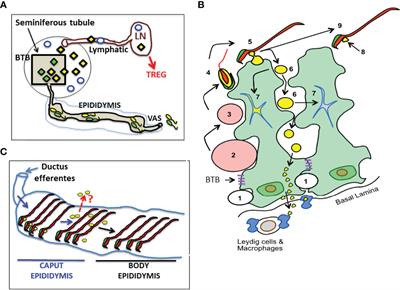
ORIGINAL RESEARCH
Published on 26 Oct 2021
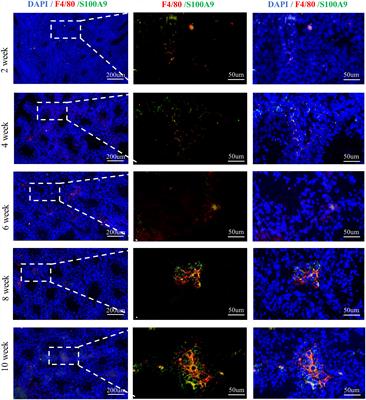
ORIGINAL RESEARCH
Published on 12 Oct 2021
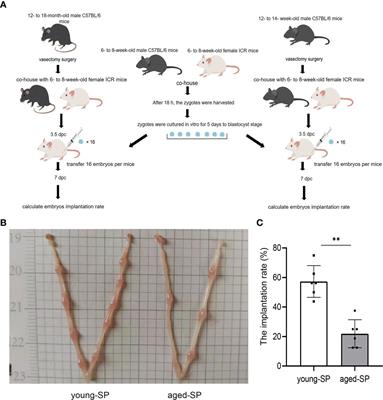
REVIEW
Published on 21 Jul 2021

ORIGINAL RESEARCH
Published on 25 Jun 2021
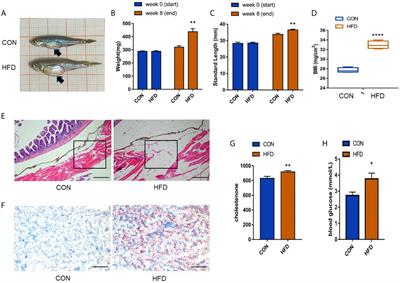
MINI REVIEW
Published on 18 Mar 2021
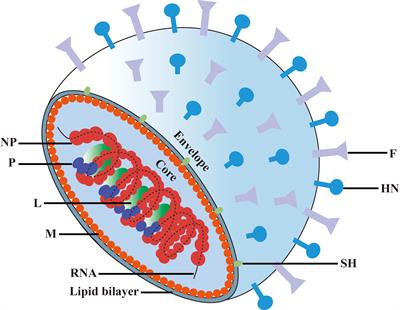
ORIGINAL RESEARCH
Published on 19 Feb 2021

ORIGINAL RESEARCH
Published on 19 Feb 2021

ORIGINAL RESEARCH
Published on 08 Dec 2020

MINI REVIEW
Published on 27 Nov 2020

ORIGINAL RESEARCH
Published on 23 Oct 2020
